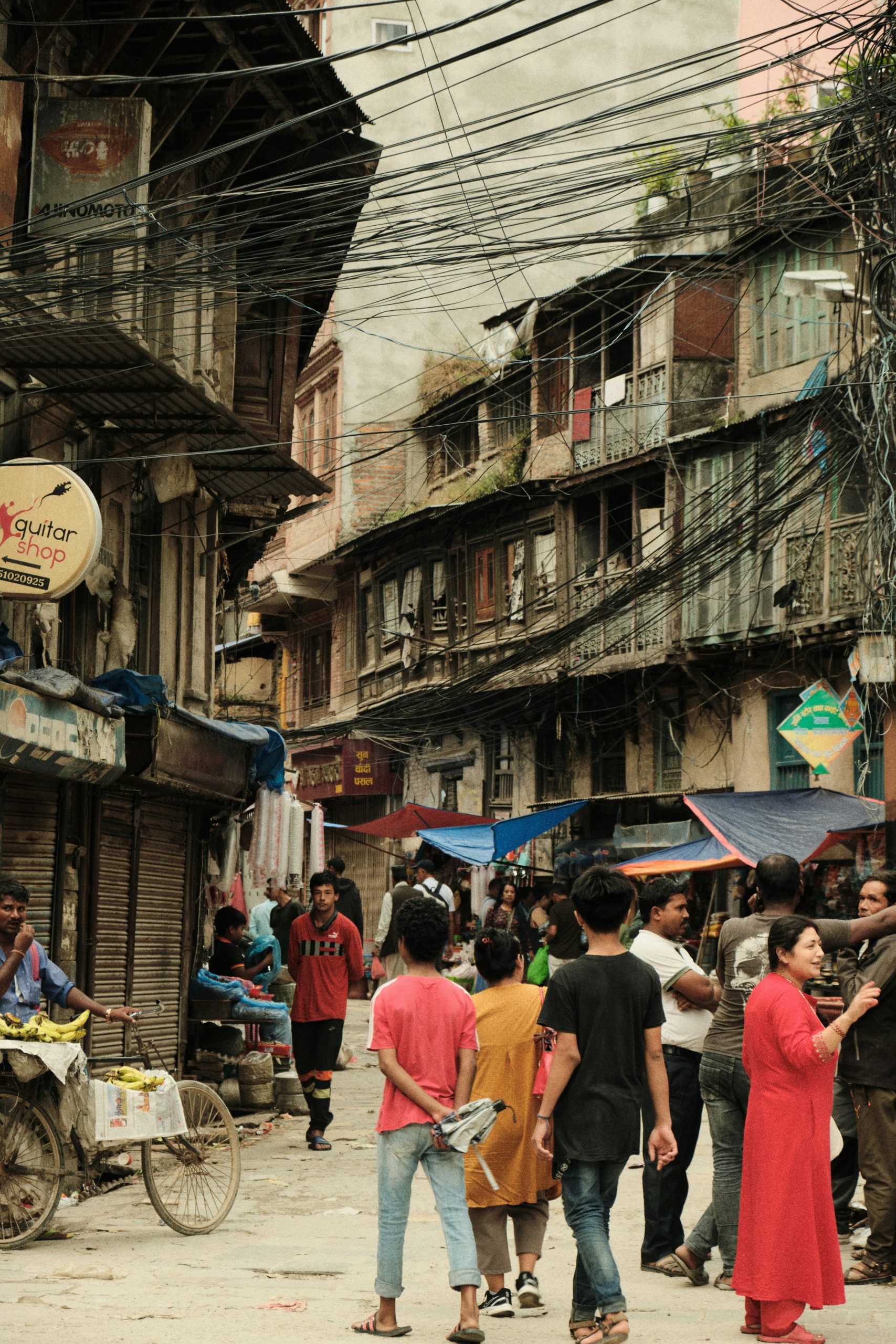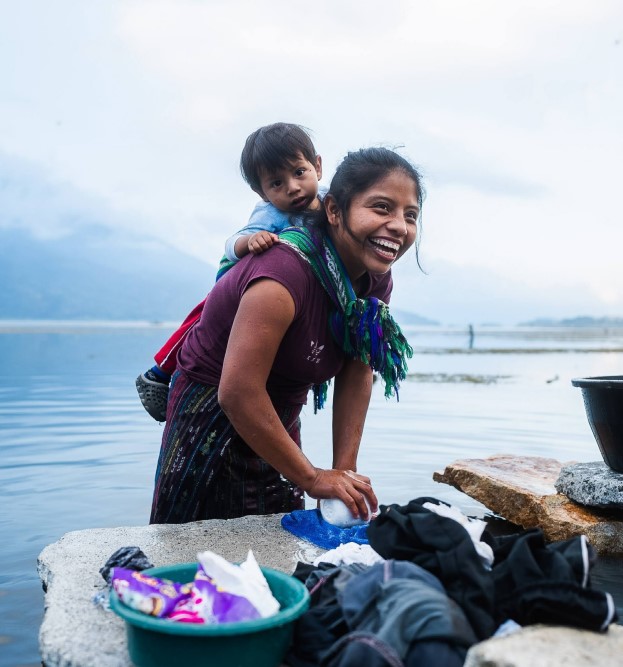In the field of international development, it is widely held that “development experts” extend to a diverse range of stakeholders including the beneficiaries, donors and practitioners. However, at present, less attention has been given to the need for leadership that can support processes of transformative change, and for professionals to build the competencies they need to enhance the performance and success of their operations.
Moreover, at a time when leadership is critical, the development sector is reporting a gap in talent and capabilities to take on these roles effectively. In fact, ‘lack of leadership’ has long been understood as a constraint in the sector (WEf 2015; ODID 2023; CISL 2024) and one that continues to trouble the field today (Devex 2020). The first imperative for the sector is therefore to acknowledge and understand the enormity of the challenge (Hodges & Howieson 2017), before instigating critical discussion concerning solutions to addressing this gap. Such is our core purpose in writing this piece today.
Defining development leadership in a rapidly changing context

Unsplash/Austin Curtis/streets of Kathmandu
To define leadership competencies and capabilities as they are relevant to the development sector, first, we must include management techniques – such as planning, strategising, coaching and mentorship. However, the various challenges and issues shaping the sector simultaneously require a suite of complementary abilities. For example, to successfully reflect the diverse needs and circumstances across the Global South/Majority World, localisation and decolonisation have emerged as cornerstone philosophies when developing sustainable development programs (GDI 2018). The necessity of collaborative leadership – the ability to gather and listen to diverse perspectives to create effective change – also sits at the core of contemporary development programming which intrinsically seeks to address global and local power inequalities.
The rise of ‘billionaire giving’ (Schmitz and McCollim 2021), the growing influence of the private sector (OECD 2021) and the impact of South-South cooperation (Gray and Gills 2015) further require leadership styles which demonstrate flexibility and adaptability. Leaders in development are now being asked to negotiate these dynamics whilst also balancing the importance of successfully sourcing funds with a focus on the communities where aid is needed most.
Moreover, the political nuances of foreign aid, from financial considerations like government budgets to the political use of aid in jostling between rival powers (Milner and Tingley 2013), further require development leaders today to navigate these complexities while maintaining the openness and transparency that underpin the sector’s credibility.
Effective leadership in the development sector has wide-ranging impacts well beyond simply the success of a single aid organisation. The development sector rises and falls on its reputation. On one hand, ongoing exposures of systemic abuse of power by people in positions of influence, including high-profile incidents within the development sector, have further reinforced the need for ethical leadership. Meanwhile, in a funding landscape where aid is subject to government budgets and external funding sources, development organisations must simultaneously display efficiency and effectiveness in their outcomes. In fact, there has been a marked intensification in pressure both to perform and to demonstrate that performance over the last two decades (Salamon 2010).
In sum, in 2024, leaders in the development sector face an array of opportunities to make change, but also unique and complex challenges. Navigating these shifting dynamics is no simple task and a deficit in such dynamic leadership has been highlighted. In 2020, the Devex Talent Outlook survey reported that 58 percent of employer respondents nominated leadership, planning, strategy and coaching as the hardest-to-find soft skills. Other skills identified by respondents as difficult to find included empathy and cross-cultural sensitivity, problem-solving, flexibility, adaptability and conflict resolution.
Developing development leadership
Moving forward, to help professionals fill the leadership gap identified by development employers, and help the sector benefit from more reflective and effective leadership, there is a demonstrable need for targeted and purposeful leadership education.
However, leadership theories and frameworks cannot simply be imported from other sectors – such as the corporate world. Instead, critical adjustments must also be made to ensure these tools reflect the unique needs and culture of the development sector (Hodges & Howieson 2017). On-the-ground, the repertoire of competencies required for leadership in the development sector includes mental frameworks that enable strategies like critical thinking, problem-solving, project management and collaborative decision-making.
In this context, experiential learning, short courses and targeted training can help to address these areas. Dedicated, longer-form education formats, such as the “Master of Leadership for Development”, which offer the opportunity to practise and ingrain contemporary leadership competencies can also play a pivotal role. The “Master of Leadership for Development”, co-convened by the University of Melbourne and the University of Manchester, is a fully online program that focuses on developing the practical capabilities, global connections and collaborative outlook needed to fill the leadership gap in the development sector. The course has four key focuses:
• Building the capability for critical thinking grounded in knowledge and research about the sector’s unique needs;
• A focus on sustainable, long-term development and retention of the strategic thinking and behaviours that enable effective leadership in the sector;
• Opportunities for practical use of competencies in simulated scenarios relevant to their professional experience; and
• The use of digital tools, platforms and networking practices that reflect current and future behaviour in the sector.
To finish, as a group of development scholars working between the University of Melbourne and the University of Manchester, we’ve had the exciting opportunity to bring the nexus of development theory and praxis together as we co-convene the “Master of Leadership for Development”. Through both this project, and through our wider roles as industry experts, we’ve learnt that it is high-time that development leadership itself is developed, nurtured and enhanced.
This will be vital for delivering valuable and lasting outcomes for actors at all levels of the sector. For individuals, it will enable career progression and more effective development practice. For organisations, it will support the accomplishment of their strategic goals and development objectives. For the sector itself, it will encourage its health and efficacy into the future.
——————

Dr Denisse Rodríguez
Denisse is a lecturer in Development Studies and holds a PhD in geography and Master of Environment from the University of Melbourne, Australia, as well as a Master in International Relations from the Universidad Andina Simón Bolívar, Ecuador. Her areas of expertise include alternative development trajectories, environmental governance, socio-ecological conflicts and extractivism, and decolonial approaches to knowledge production.
 Dr Jaco Renken
Dr Jaco Renken
Jaco is co-director of the Master of Leadership for Development and holds a PhD in information and communications technology for development from the University of Manchester, England. His areas of expertise include international development, leaders and their role in socio-economic development, and the implications of data and data analytics for the development sector.

Dr Matthew Mabefam
Matthew is a lecturer in Development Studies and holds a PhD in anthropology and development studies from the University of Melbourne, as well as a Master of Philosophy from the University of Ghana. His areas of expertise include the politics of international development, inequality, and religion and neoliberalism. His research examines mainstream development models and their applicability in developing contexts, including some of the emerging tensions.

Dr Natalie Cunningham
Natalie is co-director of the Master of Leadership for Development and holds a PhD in executive coaching and Master of Business Administration from the University of Witwatersrand, South Africa. Her areas of expertise include leadership development, organisational culture and talent management, and she is currently leading a study looking at lifelong learning and the educational needs of the development sector.
Summary of “Master of Leadership for Development”:
Co-developed by the University of Melbourne and The University of Manchester, the Master of Leadership for Development focuses on developing the practical capabilities, global connections and collaborative outlook needed to fill the leadership gap in the development sector. As a fully online, part-time program, it is ideal for those working full time. Graduate with confidence, networks and translatable competencies that support your leadership path in the sector and help you make effective change through your work. https://study.unimelb.edu.au/find/courses/graduate/master-of-leadership-for-development/
This piece was written in collaboration with the University of Melbourne. To see the full “Developing Leadership: the value of purposeful leadership education for the development sector” White Paper, see here: https://arts.unimelb.edu.au/__data/assets/pdf_file/0010/4118968/Developing-Leadership_The-value-of-purposeful-leadership-education-for-the-development-sector.pdf
